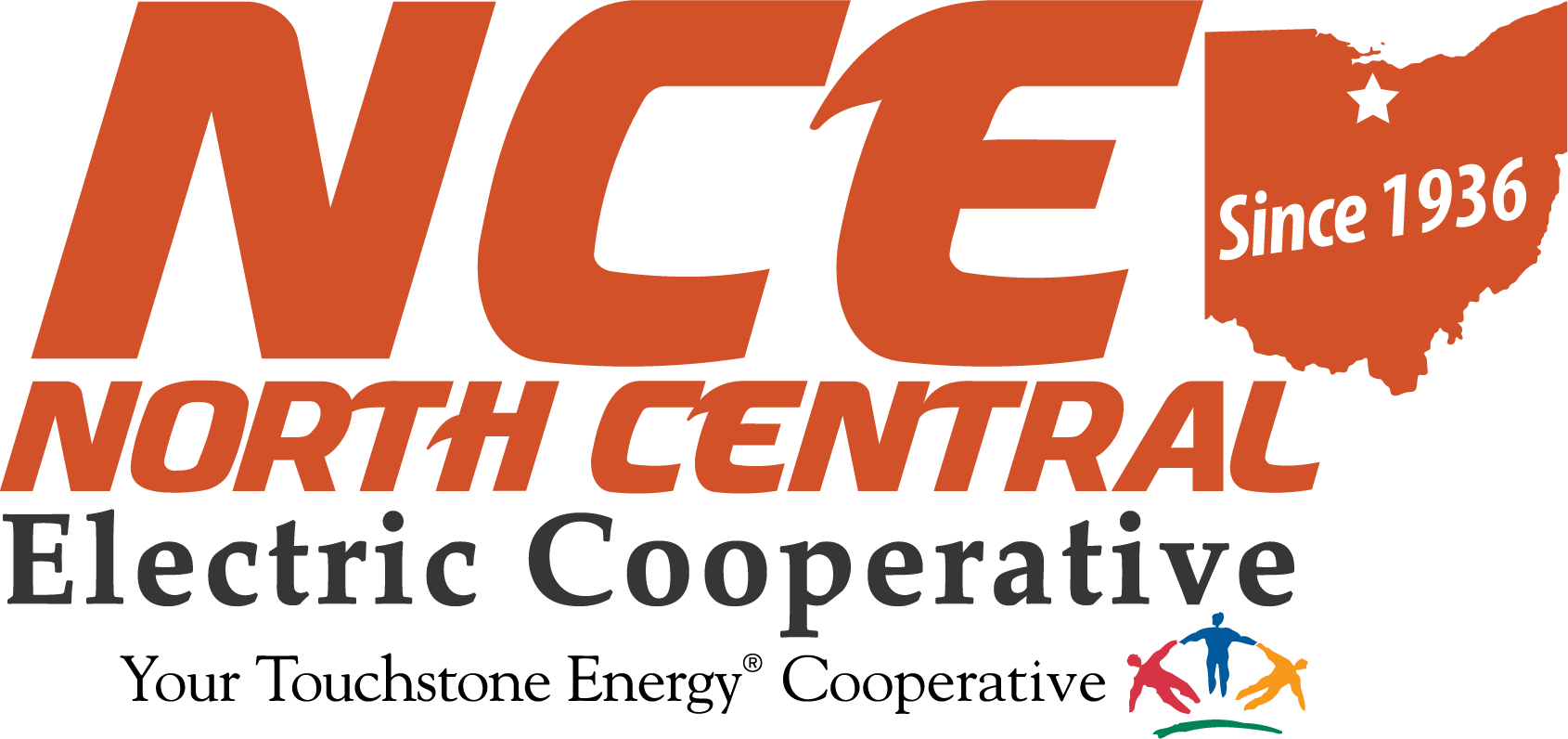Tax Law Change Needed To
Protect Electric Co-op Tax-Exempt Status
Most of America’s electric cooperatives are tax exempt organizations under Internal Revenue Code (IRC) Section 501(c)(12). In order to maintain tax exempt status, an electric cooperative must receive at least 85 percent of all income from its members. P.L. 115-97 amended Section 118 of the IRC to provide that contributions to a corporation by a non-shareholder government entity or civic group is no longer considered capital. Under prior tax law, such contributions were capital and excluded from the income of a corporation.
If a government grant or reimbursement is not a capital contribution, then the grant may be considered non- member income and could jeopardize a cooperative’s tax-exempt status. This would have a profound impact on the cooperative and its member-consumers. Historically, electric cooperatives have received grants from a variety of federal, state and local governments to assist in providing services to their members for purposes such as renewable energy development, energy efficiency and conservation, economic development, storm restoration or rural broadband initiatives.
Current Tax Law Could Jeopardize Storm Recovery Efforts
Electric cooperatives belong to the communities they serve and operate at cost. The treatment of government grants as income may impair their ability to use the full value of the grant to benefit their members.
Moreover, it means that an electric cooperative struck by disaster may have to consider whether it can afford to use FEMA’s Public Assistance Program to help restore power to its community. In essence, co-ops could be forced to choose between maintaining their tax-exempt status or accepting FEMA assistance when recovering from a major storm or other disaster.
Congress Must Act to Protect the Tax-Exempt Status of Electric Coops
Congress must act now to correct this unintended consequence and protect the tax status of electric co-ops. In doing so, Congress would preserve the full value of government grants that deliver societal benefits to the communities served by electric cooperatives, many of which are located in persistent poverty counties.
Adrian Smith (R-NE) and the Senate version is S. 1032 sponsored by Senators Rob Portman (R-OH) and Tina Smith (D-MN). The RURAL Act amends Section 501(c)(12) of the IRC which allows mutual or cooperative telephone and electric companies to receive disaster assistance and broadband and economic development grants without considering the grants as income.
Click on the Click Here! button to pass the rural act to protect the tax status of electric co-ops!

